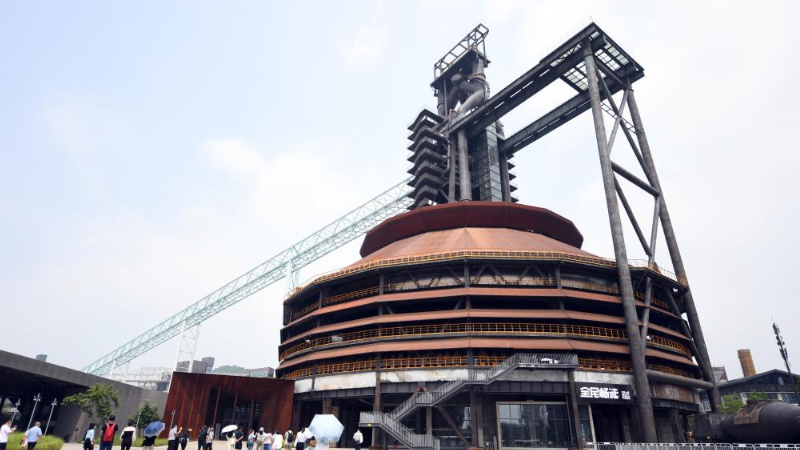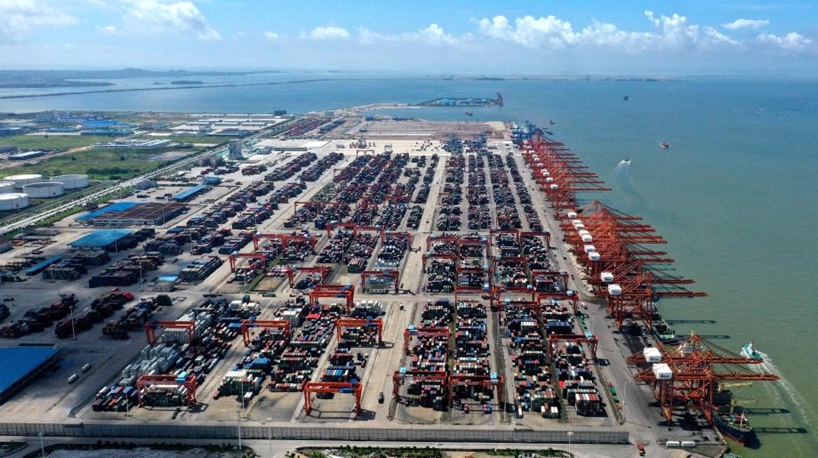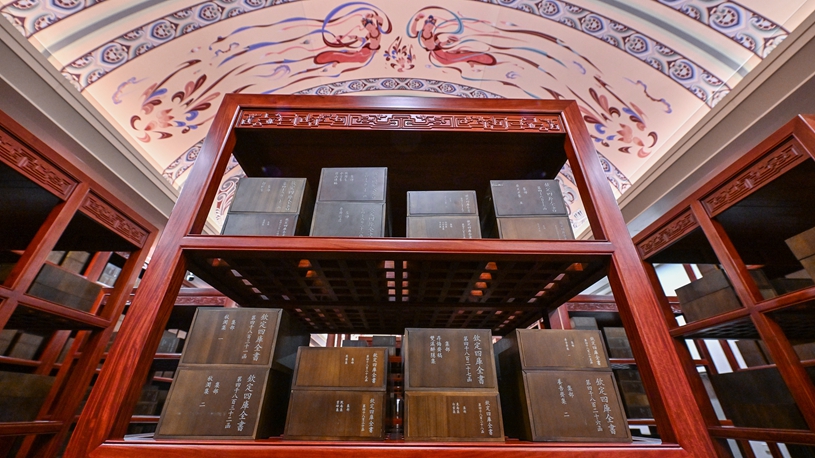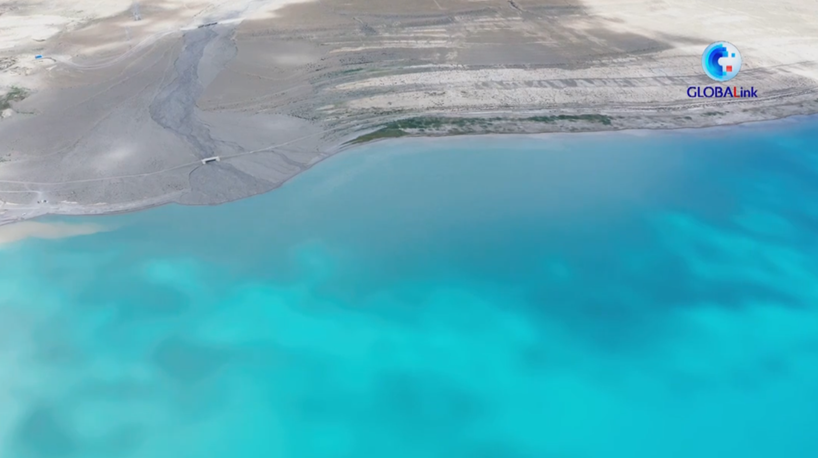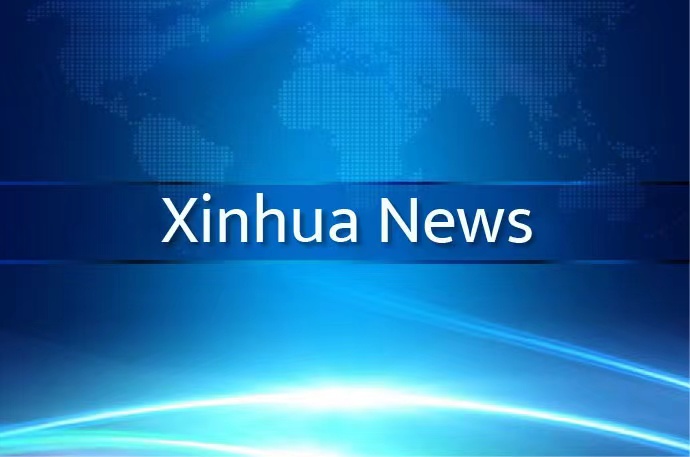
BEIJING, Aug. 5 (Xinhua) -- Speaker of the U.S. House of Representatives Nancy Pelosi visited China's Taiwan region recently, an act China firmly opposes and strongly condemns.
The historical facts regarding the Taiwan question are clear as day, as is the fact that both sides of the Taiwan Strait belong to one and the same China. The three China-U.S. joint communiques constitute political commitments between the two sides, and the one-China principle is the political foundation of China-U.S. relations.
Although the mainland and Taiwan are yet to be reunified, the fact that both sides belong to one and the same China has not changed. There is only one China in the world, Taiwan is an inalienable part of China's territory, and the government of the People's Republic of China (PRC) is the sole legal government representing the whole of China. These are historical and legal facts, and the universal consensus of the international community.
Taiwan has been part of China since ancient times. Ancestors of Taiwan residents today were mostly from the mainland. In the past, the successive governments of China established administrative organs in Taiwan to exercise their jurisdiction there. In 1885, the Qing Dynasty government officially designated Taiwan as a province.
The emergence and evolution of the Taiwan question has, since China entered modern times, been inextricably interwoven with the history of the Chinese nation. Following the Opium War starting in 1840, China suffered invasion by Western powers. In 1894, Japan launched the First Sino-Japanese War to invade China. In the following year, the Qing Dynasty government was forced to cede Taiwan to Japan under the unequal Treaty of Shimonoseki.
In 1945, the Chinese people won the War of Resistance Against Japanese Aggression. Taiwan was thus recovered and returned to the motherland.
In December 1943, China, the United States and Britain issued the Cairo Declaration which explicitly states that all the territories Japan had stolen from China, including Taiwan and the Penghu Islands, shall be restored to China.
On Oct. 25, 1945, the Chinese government announced that Taiwan and the Penghu Islands had been restored as parts of China's territory. Thus, Taiwan's legal status as a part of China was irrefutably confirmed.
It was not long, however, before the two sides of the Taiwan Strait fell into a special state of protracted political confrontation due to civil war in China and the interference of foreign forces.
In 1949, the Central People's Government of the PRC was established, replacing the Republic of China government as the sole legal government representing the whole of China. It is logical for the government of the PRC to exercise sovereignty over China, which includes Taiwan.
At that time, the then U.S. government adopted a policy of isolation and containment against the PRC. After the outbreak of the Korean War, the U.S. government launched an armed intervention in cross-Strait relations, placing China's Taiwan Province under its "protection." The U.S. government's erroneous policy of interfering in China's internal affairs caused a long-standing tense confrontation across the Taiwan Strait, and the Taiwan question has since become a major dispute between China and the United States.
In 1971, the United Nations General Assembly adopted Resolution 2758 with an overwhelming majority vote, restoring all rights of the PRC and recognizing the government of the PRC as the sole legitimate representative of China to the United Nations.
The one-China principle is a widely recognized basic norm of international relations. A total of 181 countries have to date established diplomatic relations with China on the basis of their recognition of the one-China principle.
However, the U.S. government has for some time made repeated and erroneous statements and taken improper actions regarding the Taiwan question, continuously raising the level of official exchanges between the United States and Taiwan, increasing military collusion, and selling arms to Taiwan to support its attempt of resisting reunification through force.
Since 2016, Taiwan's Democratic Progressive Party (DPP) authorities have stubbornly adhered to the secessionist position of "Taiwan independence," willingly acted as a pawn for anti-China forces in the United States to contain China, and made reckless moves for "Taiwan independence."
The DPP authorities' acts advocating "Taiwan independence" and their collusion with the United States to betray national interests will only push Taiwan toward the abyss of disaster and bring deep trouble to compatriots in Taiwan.
The motherland must be reunified, and will surely be reunified. It is the tide of our times that cross-Strait situation will move toward peace and stability. This cannot be stopped by any force or anyone. And the historical trend toward a stronger China, national rejuvenation, and reunification cannot be stopped by any force or anyone either. ■




